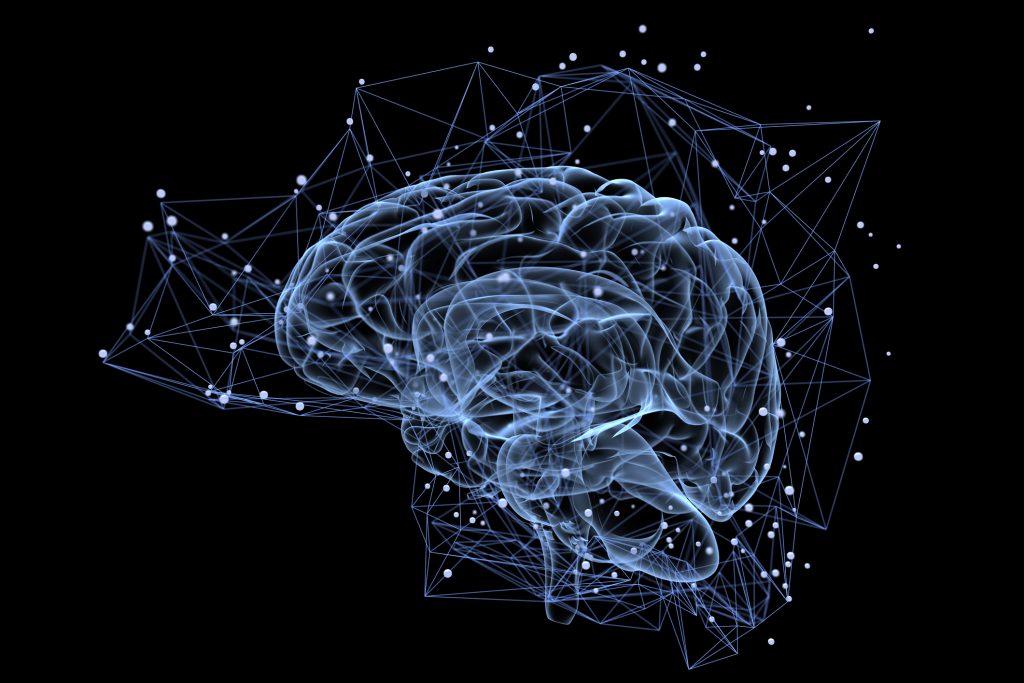 Distractions are everywhere in our world. We can be distracted while driving, while working, or while doing any number of routine tasks. In the work place, incident investigations reveal that tens of thousands of injuries each year occur when people are not focused on the task at hand.
Distractions are everywhere in our world. We can be distracted while driving, while working, or while doing any number of routine tasks. In the work place, incident investigations reveal that tens of thousands of injuries each year occur when people are not focused on the task at hand.
Most everyone recognizes the dangers associated with being distracted while driving a motor vehicle. Distracted driving is a leading contributor to automobile crashes. For example, here are just a few statistics from several organizations dedicated to stopping texting and driving injuries and deaths:
- Every year, about 421,000 people are injured in crashes that have involved a driver who was distracted in some way.
- Each year, over 330,000 accidents caused by texting while driving lead to severe injuries. This means that over 78% of all distracted drivers are distracted because they have been texting while driving.
- 1 out of 4 car accidents in the US are caused by texting while driving.
- Texting and driving is 6 times more likely to get you in an accident than drunk driving.
- It takes an average of three seconds after a driver’s mind is taken off the road for any road accident to occur.
- Reading a text message while driving distracts a driver for a minimum of five seconds each time.
- The chances of a crash are increased by 23 times when you are texting.
Error Rate and Distraction
A recent Michigan State University study provides supporting evidence that being distracted significantly increases human error (which can result in an accident).
Participants in this study were asked to perform a series of tasks in order, such as identifying with a keystroke whether a letter was closer to the beginning or end of the alphabet. Of course, a certain number of errors were made even without interruptions.
Occasionally the participants were told to input two unrelated letters — which took about 3 seconds — before returning to their task. These slight interruptions led to participants making twice as many mistakes when they returned to their sequencing task.
In addition, there are a number of studies and/or exercises which prove that humans cannot consciously complete more than one task at a time. Indeed, one author has labeled the so-called skill of multi-tasking as “worse than a lie.” No matter how you look at it, being distracted (for any reason) significantly increases the risk of making a mistake and/or being injured.
Unfortunately, we are not only distracted by something in our environment, but simply by the way our minds operate!

